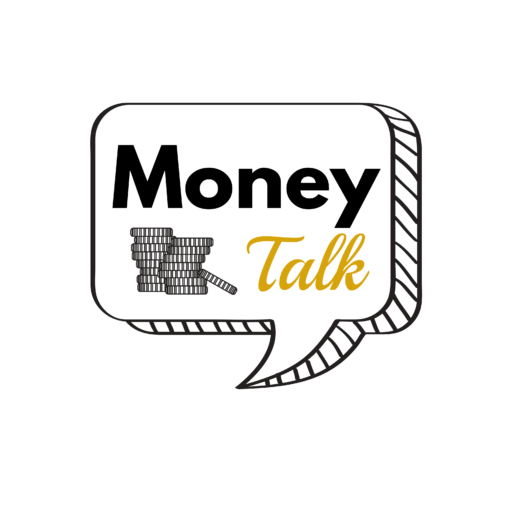Welcome to Money Talk!
Start your journey here or scroll down for the latest. Before you go, why not subscribe to the weekly newsletter?

Start your journey here or scroll down for the latest. Before you go, why not subscribe to the weekly newsletter?

This content is copyright protected.